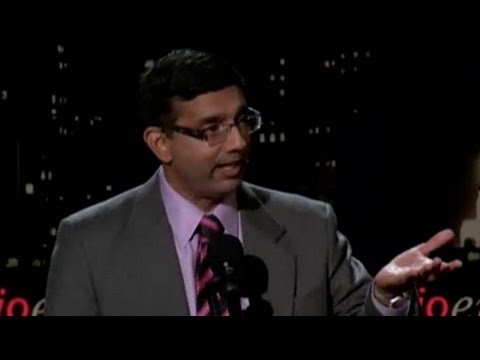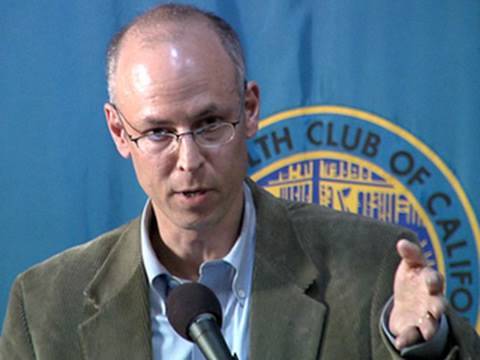1K views 9 years ago
5K views 9 years ago
23K views 10 years ago
1 views
1 decade ago
1 views
1 decade ago
5.2K views 12 years ago
931K views 12 years ago
79K views 13 years ago
2.6K views 14 years ago
65K views 16 years ago
626 views 16 years ago
417 views 16 years ago
966 views 16 years ago
848 views 16 years ago
360K views 17 years ago
76K views 17 years ago
1.9K views 17 years ago
14K views 18 years ago
8.6K views 18 years ago


















